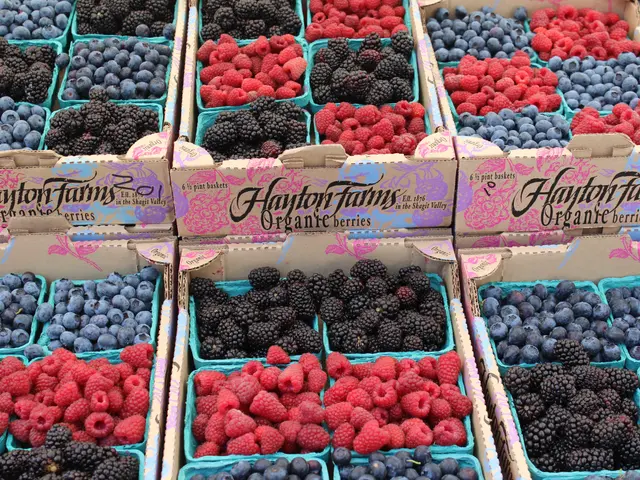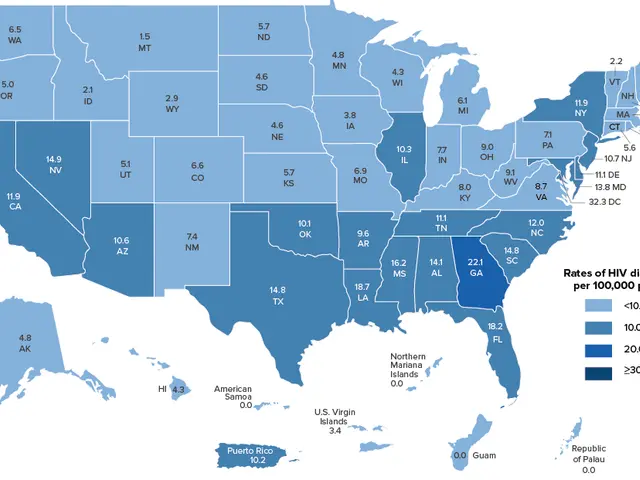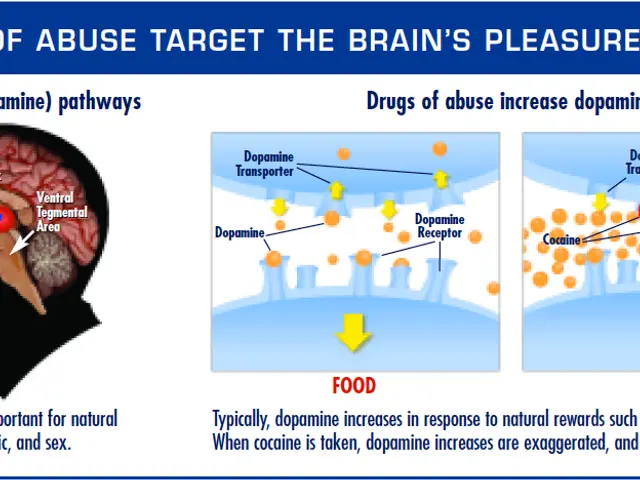Pregnancy Diet: Is Consuming Crab Safe? Insights You Need
Pregnancy is a critical time for both mother and baby, and maintaining a balanced diet is essential. One food group that deserves special attention is seafood, which can offer numerous benefits while posing potential risks.
According to guidelines from the US Food and Drug Administration (FDA) and Environmental Protection Agency (EPA) in 2017, pregnant women should choose seafood that is low in mercury to minimize risks to the developing fetus. The recommended intake is **2 to 3 servings of low-mercury fish or shellfish per week**, with each serving being about 4 ounces cooked.
Recommended seafood choices typically include shrimp, salmon, pollock, catfish, canned light tuna, tilapia, cod, crab, and scallops. These choices are considered lower in mercury and safer for consumption during pregnancy.
On the other hand, pregnant women should avoid high-mercury fish like shark, swordfish, king mackerel, and tilefish. Additionally, it is crucial to avoid raw or undercooked fish and shellfish to prevent exposure to harmful pathogens.
Proper cooking is emphasized to ensure safety. Shellfish like lobster and shrimp should be cooked until the meat inside the shell is opaque, while clams, mussels, and oysters should be cooked until their shells completely open.
Consuming raw fish and shellfish can cause food poisoning, as they may contain the bacteria Salmonella and Vibrio vulnificus. Pregnant women should also avoid raw crab due to the risk of food poisoning.
Seafood is an excellent source of omega-3 fatty acids, which are beneficial during pregnancy. However, it's important to note that imitation crab, while cooked, is usually safe for a pregnant woman to eat, but it is crucial to check for raw products in foods like sushi. Real crab, when prepared raw, should be handled with care, keeping raw and cooked seafood on separate cutting boards, plates, and utensils.
Pregnant women should be careful about the seafood they consume due to concerns over mercury consumption. Exposure to mercury can be toxic to a fetus and can lead to neurological problems and congenital abnormalities.
To mitigate these risks, experts suggest that pregnant women should eat a wide variety of fish. Pregnant women can have 1 serving per week of the following seafood: bluefish, carp, Chilean sea bass, mahi-mahi, snapper, tilefish, tuna (albacore, white, or yellowfin).
It's also crucial to store seafood properly. Live crabs should be stored in well-ventilated containers, and fresh crab in a refrigerator at less than 40°F or well-packed in ice. Storage containers should be airtight.
In summary, the 2017 FDA/EPA guidelines for pregnancy recommend eating 2-3 servings per week of low-mercury fish or shellfish, avoiding high-mercury fish, ensuring all seafood is fully cooked, and being mindful of the variety of fish consumed. This balanced approach supports maternal and fetal health by providing beneficial nutrients like omega-3 fatty acids while minimizing risks associated with mercury exposure and foodborne illnesses.
- Pregnant women should be cautious about food poisoning, especially when consuming raw or undercooked fish and shellfish, as they may contain harmful pathogens like Salmonella and Vibrio vulnificus.
- To ensure safety, shellfish like lobster and shrimp should be cooked until the meat inside the shell is opaque, while clams, mussels, and oysters should be cooked until their shells completely open.
- Pregnant women are advised to eat a balanced diet that includes a variety of fish for omega-3 fatty acids, but they should be cautious about mercury consumption and follow the 2017 FDA/EPA guidelines, which recommend 2-3 servings per week of low-mercury fish or shellfish.
- Imitation crab is generally safe for a pregnant woman to eat, but it's important to check for raw products in foods like sushi and handle raw and cooked seafood separately to prevent foodborne illnesses.
- In addition to avoiding high-mercury fish like shark, swordfish, king mackerel, and tilefish, pregnant women should store seafood properly, keeping live crabs in well-ventilated containers, fresh crab in a refrigerator at less than 40°F or well-packed in ice, and using airtight storage containers.







